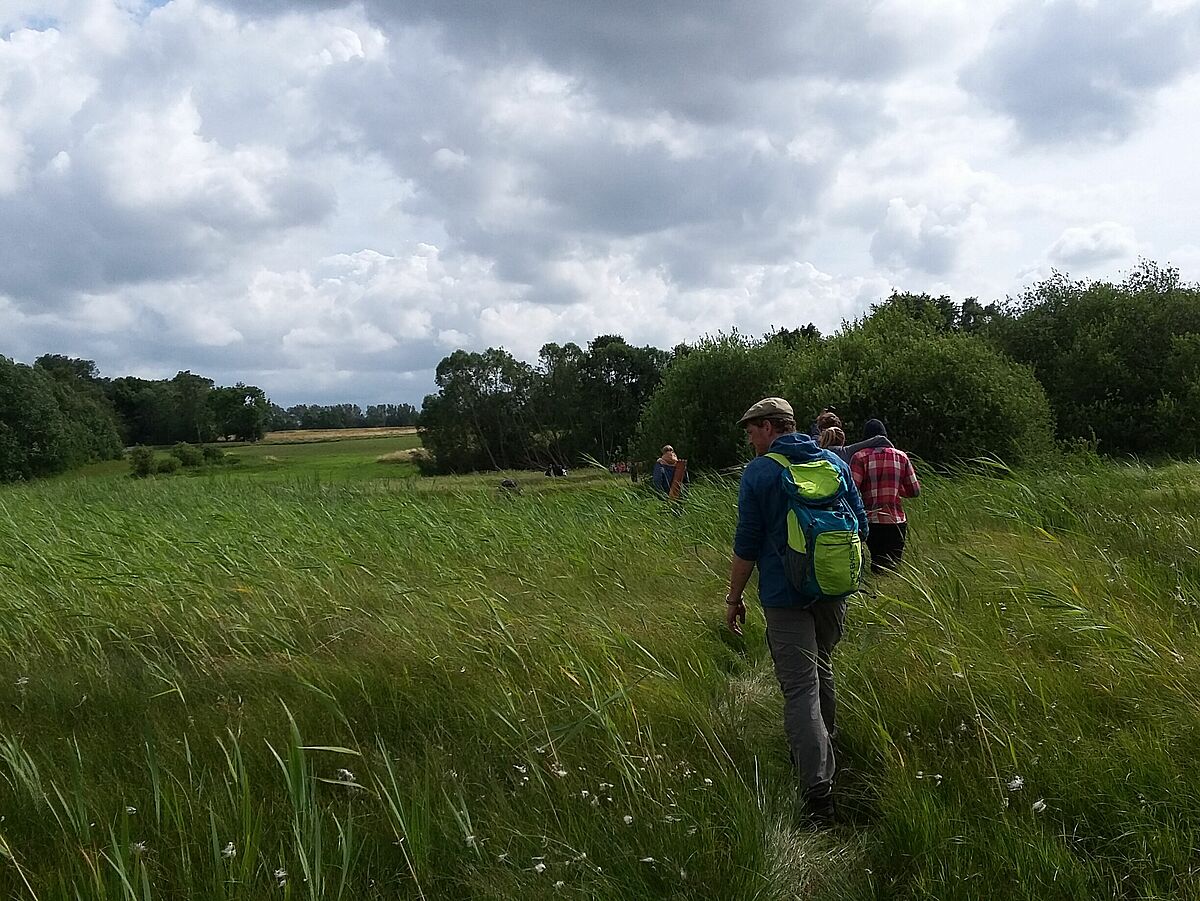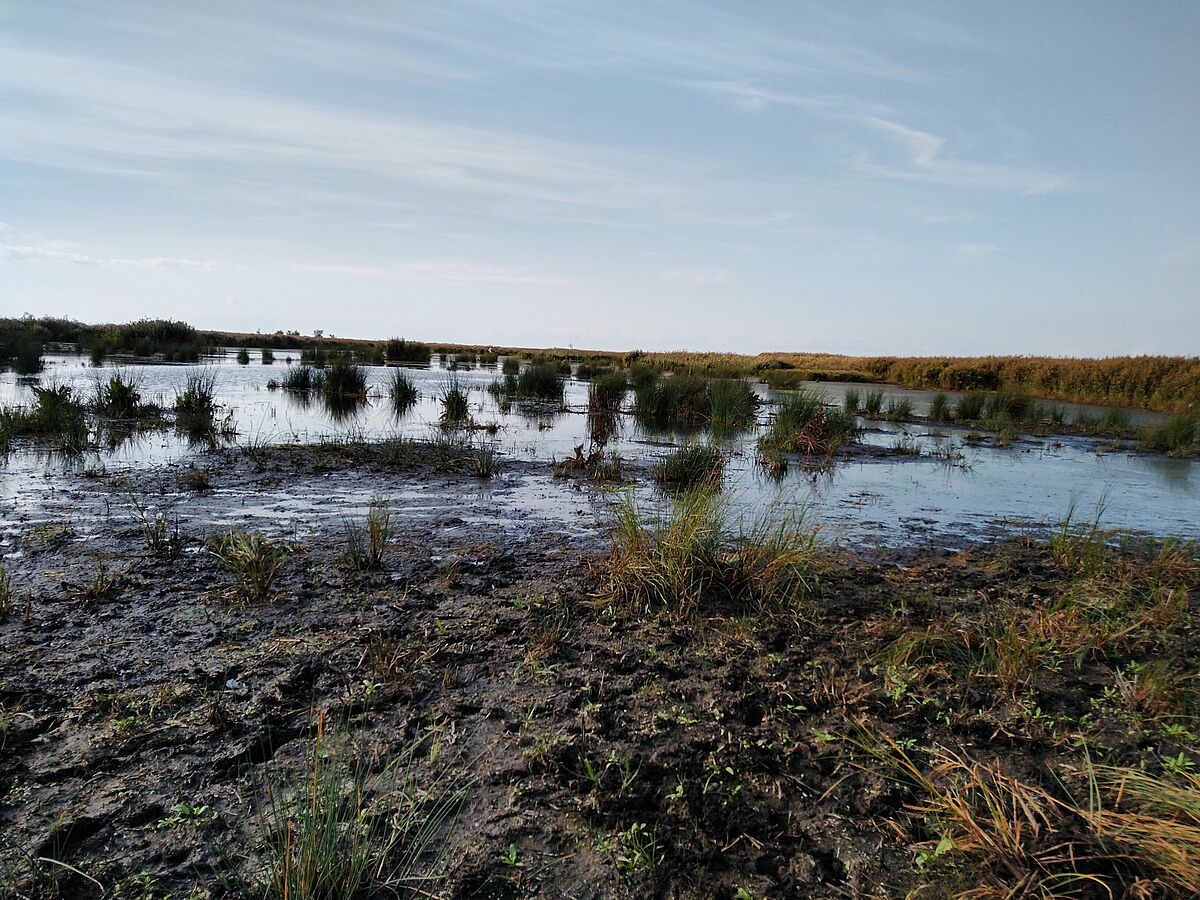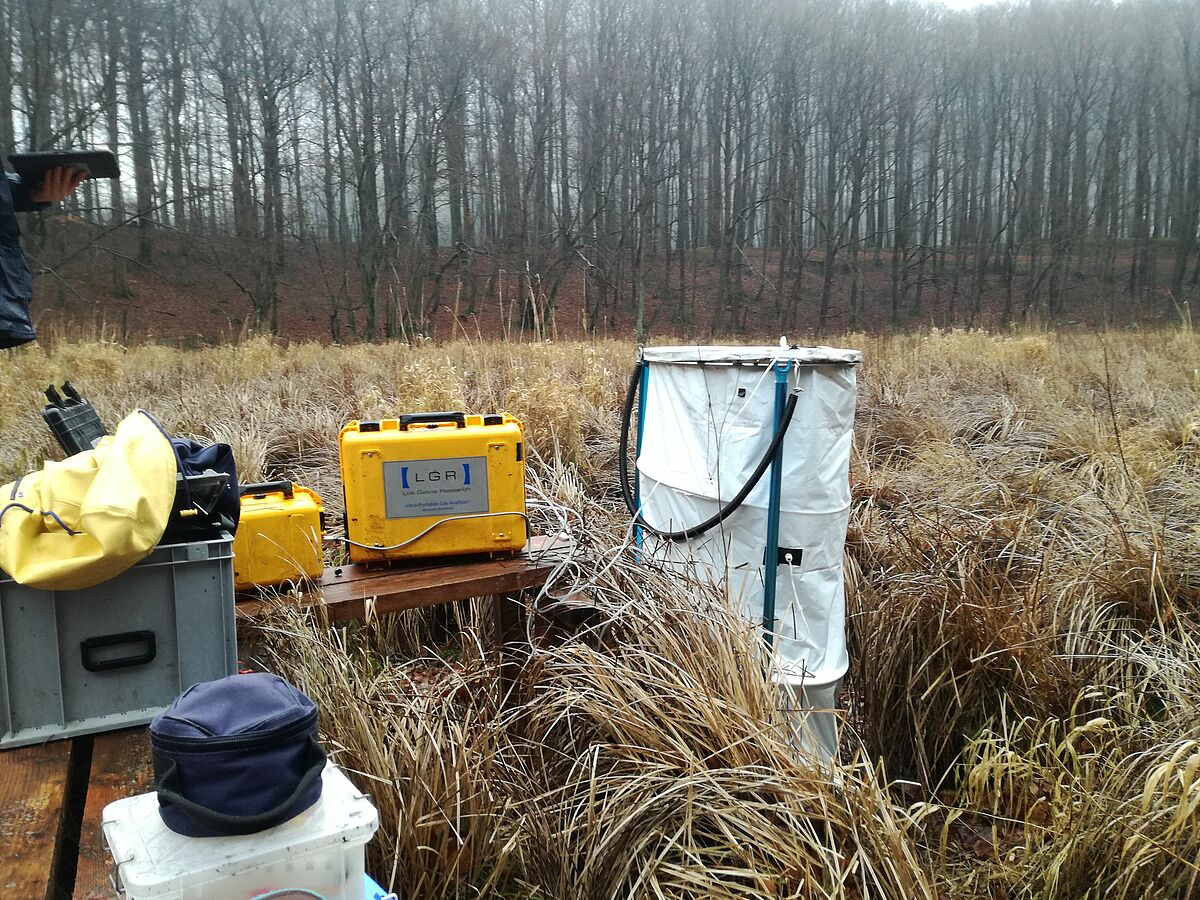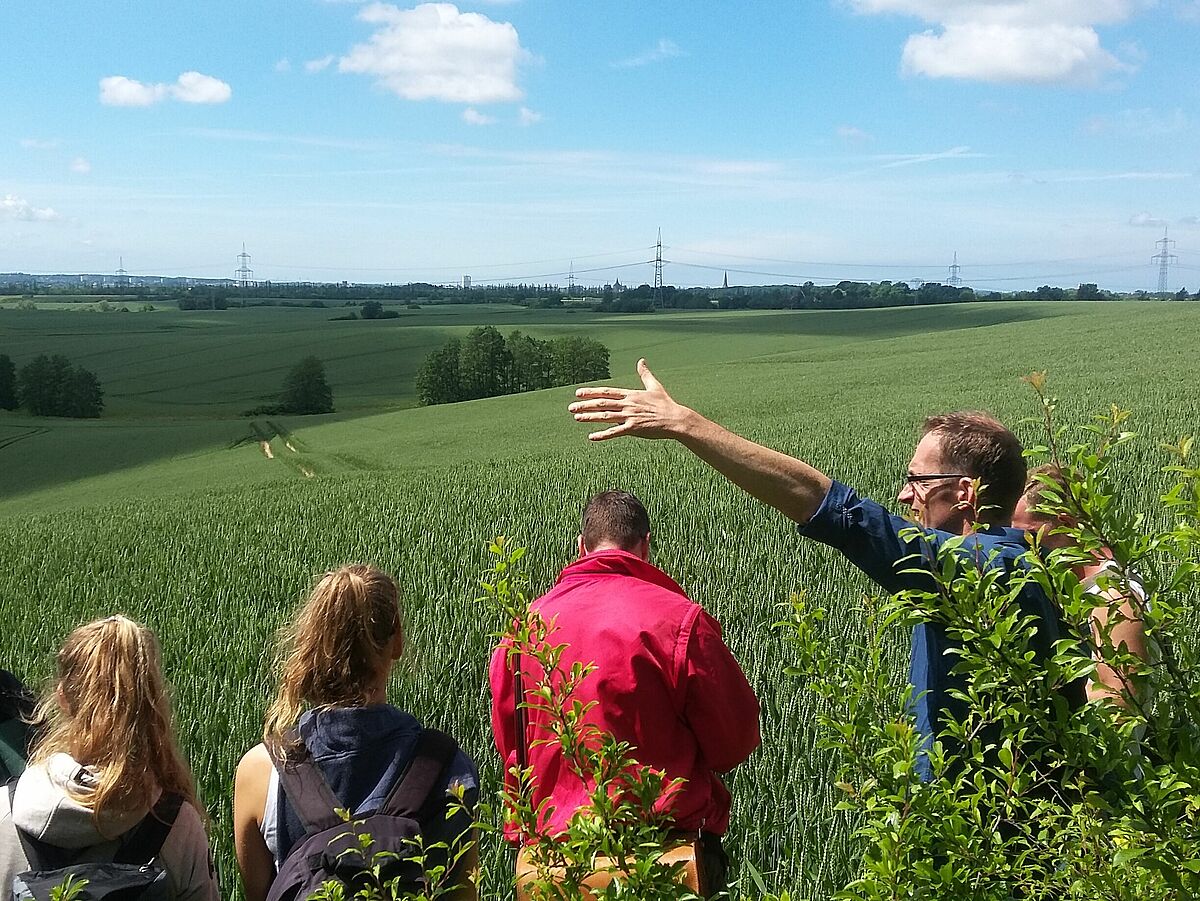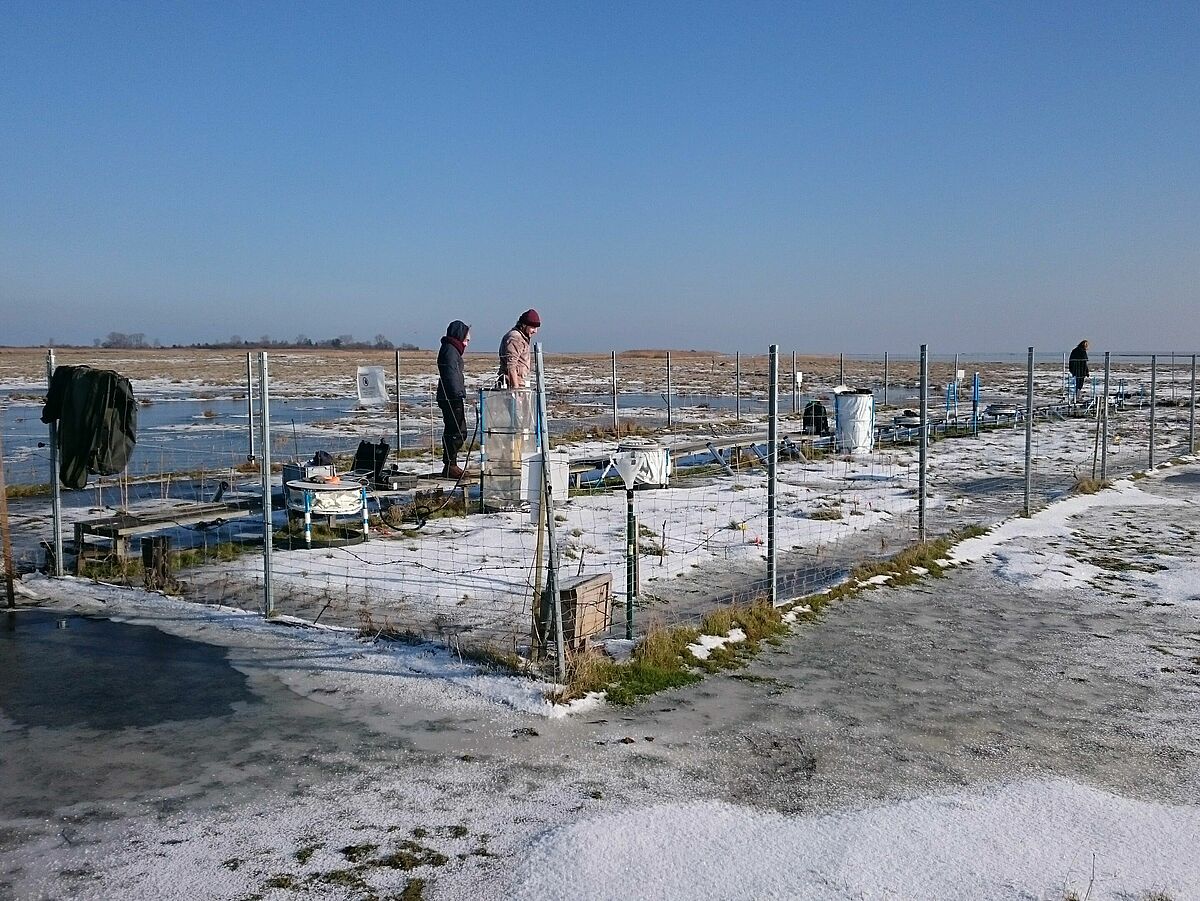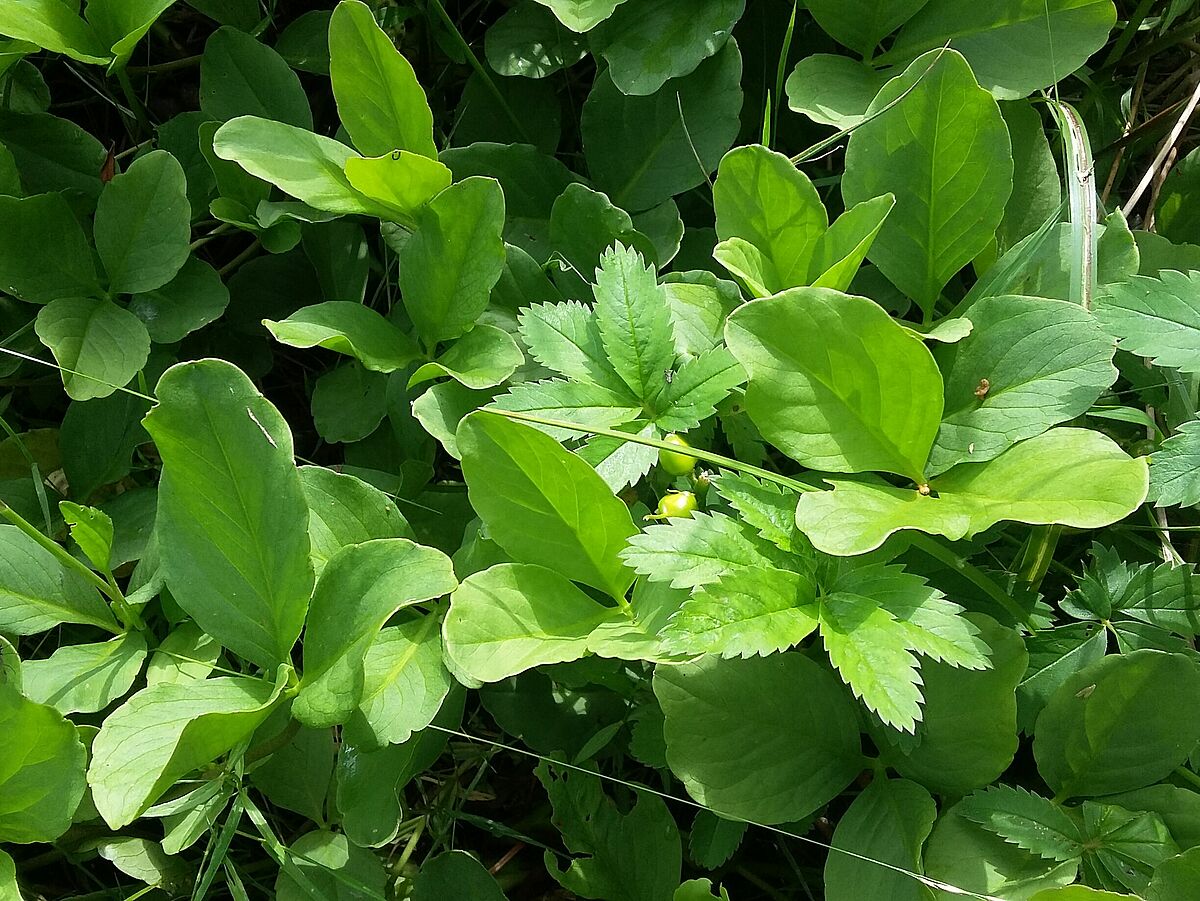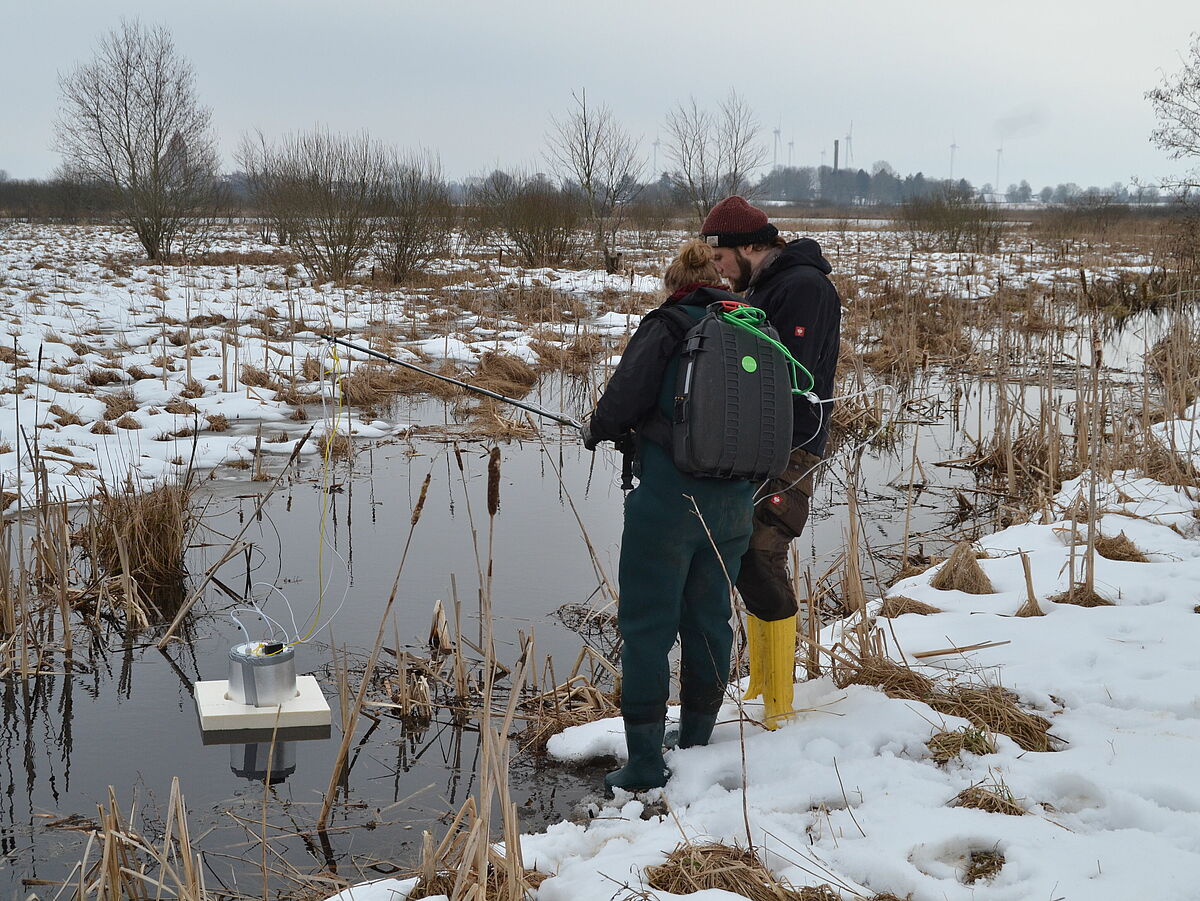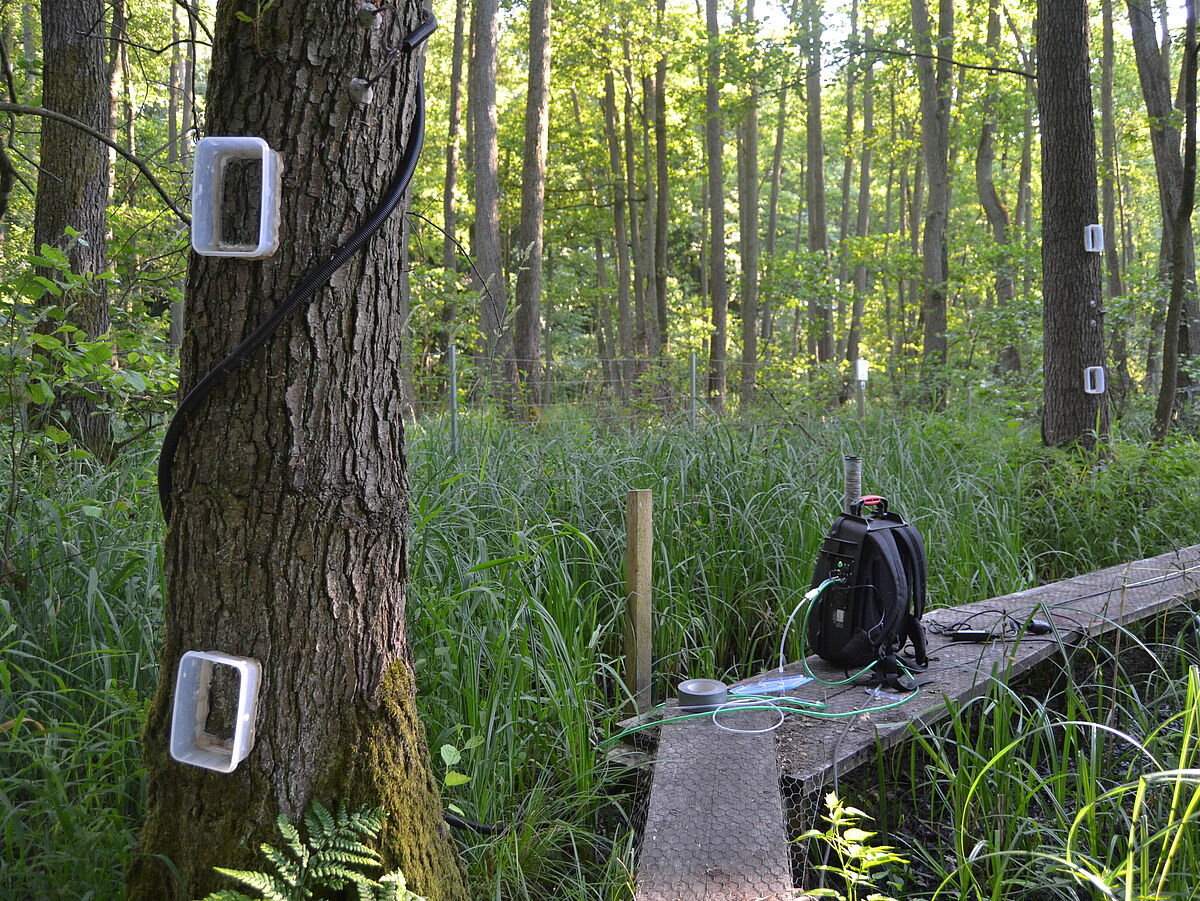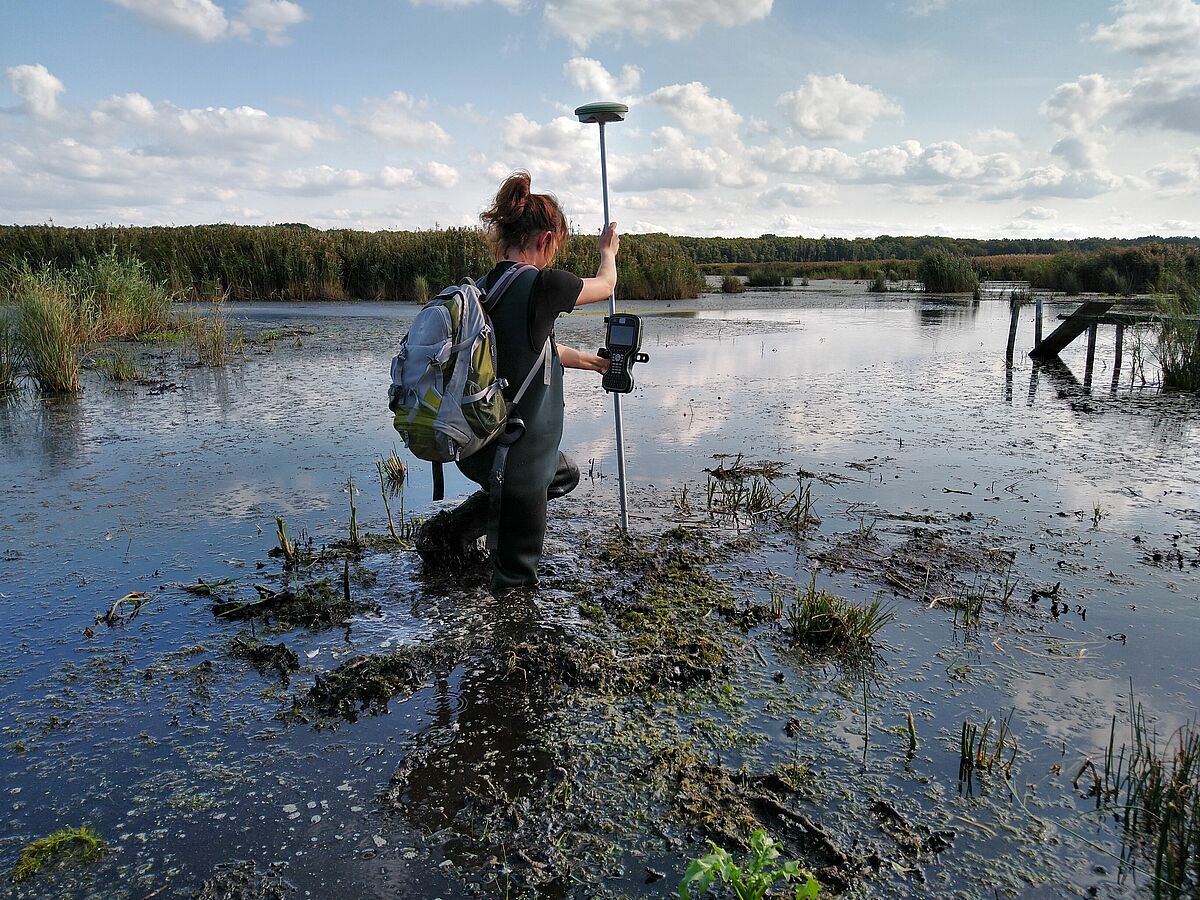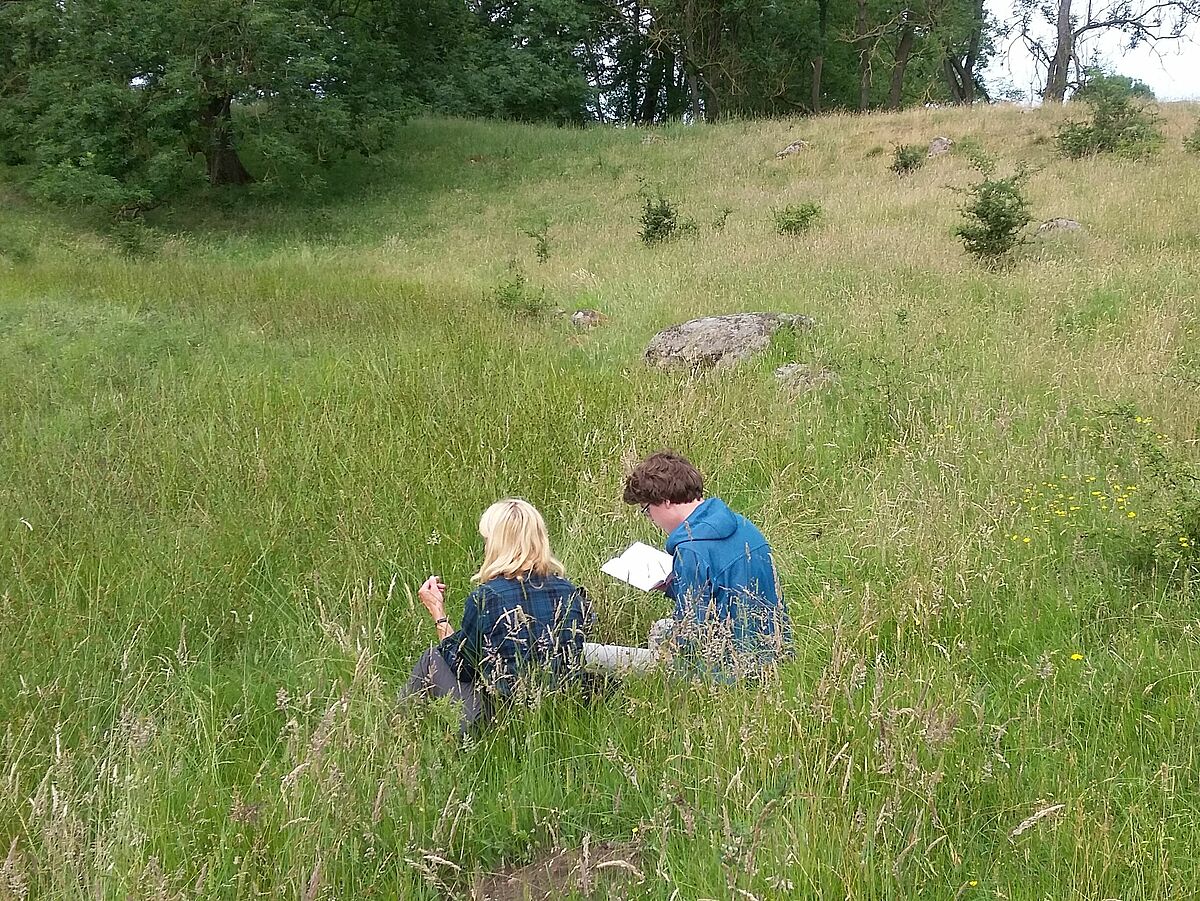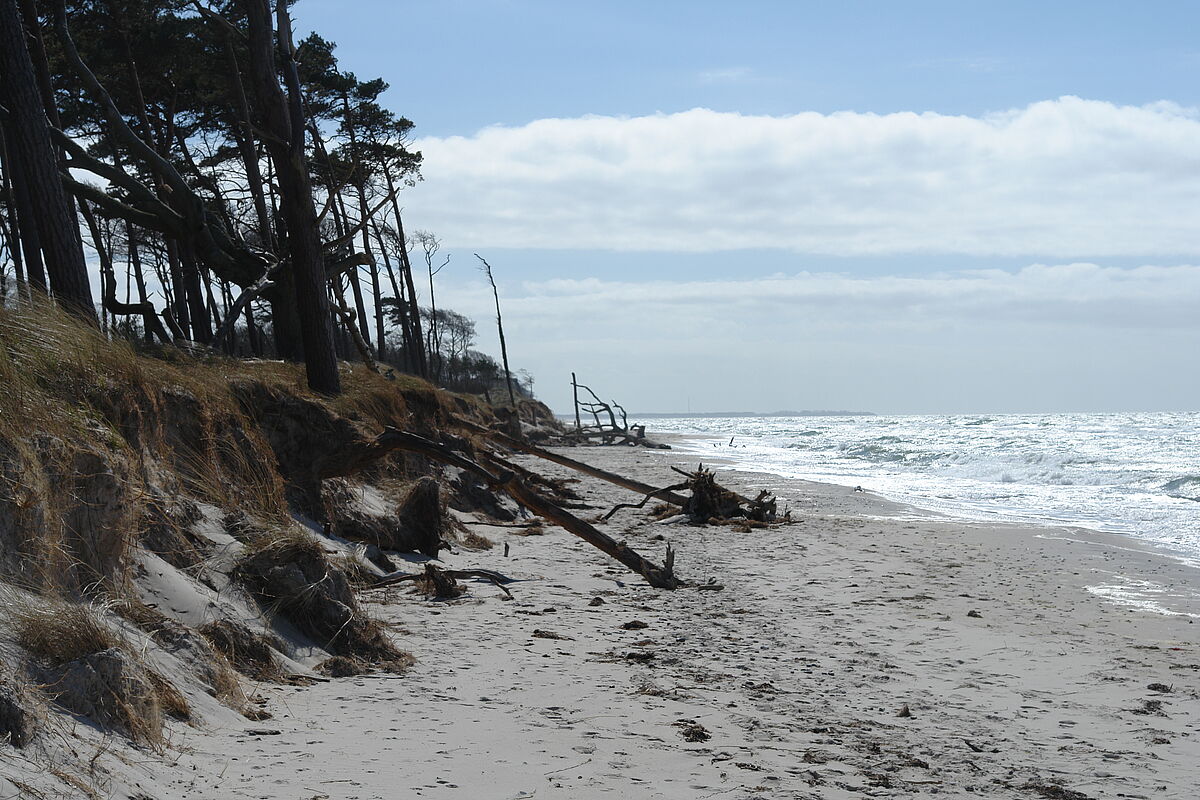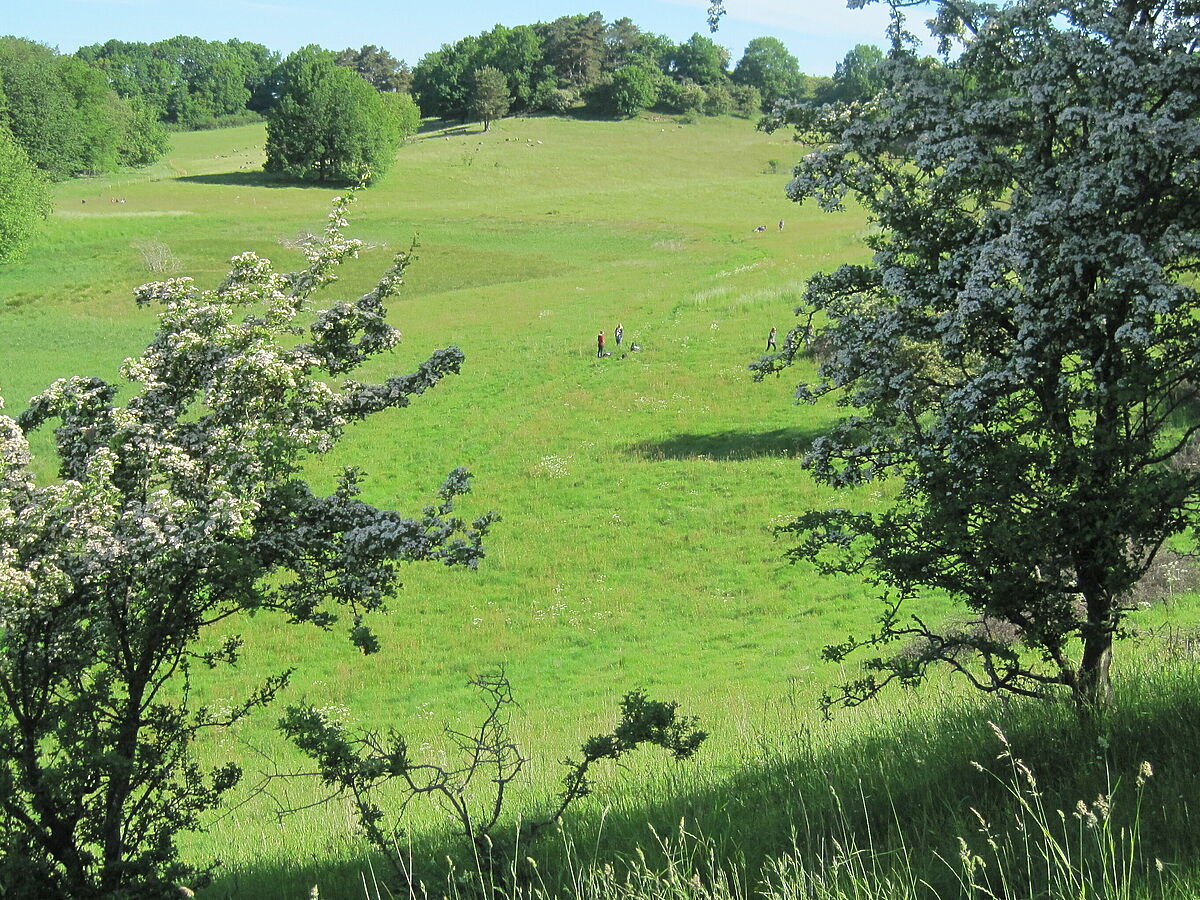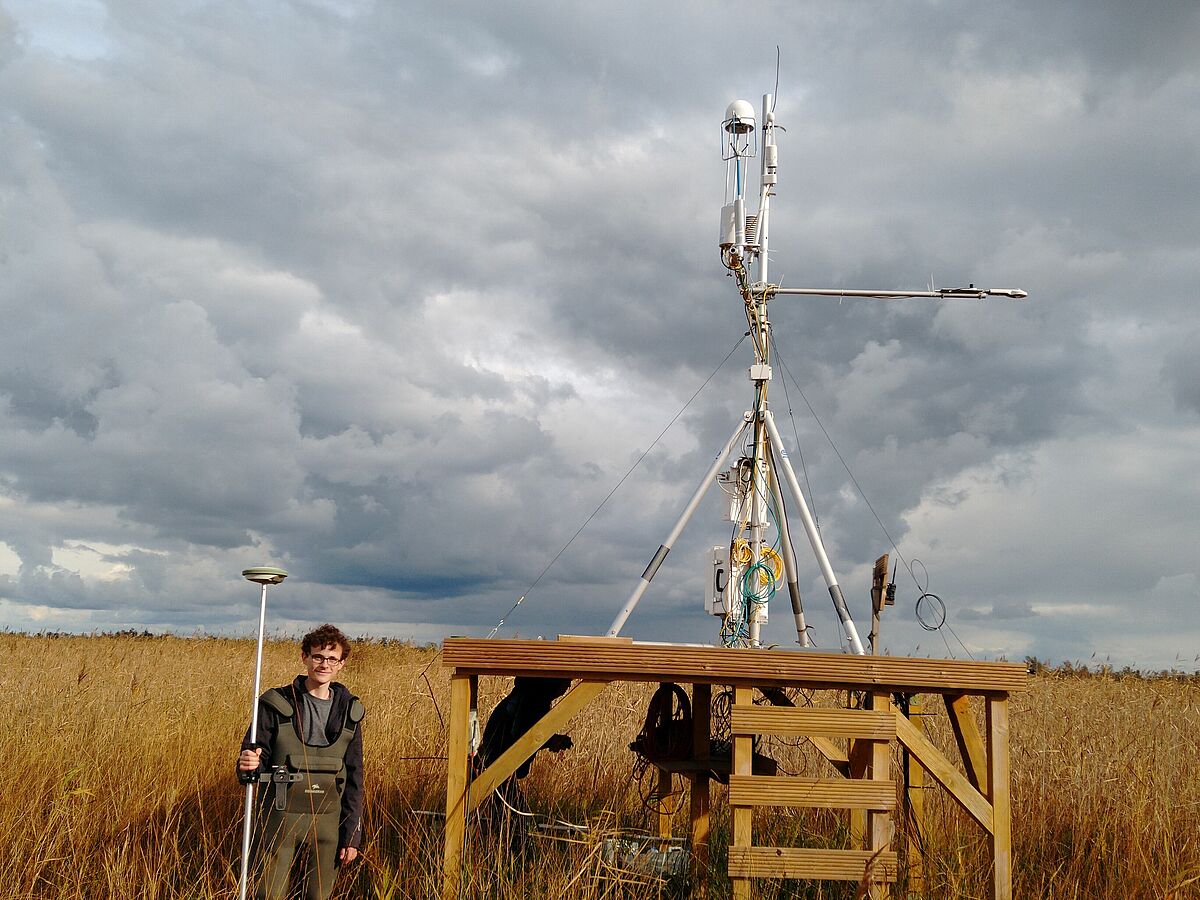Teaching
BACHELOR OF AGRICULTURAL SCIENCES
Landscape Ecology
- Basics of landscape ecology, history, terms, goals, working methods
- spheres, partial complexes, geocomponents, geofactors
- System analysis and landscape ecological modeling
- Landscape ecological assessment and ecological planning
- Vegetation ecology, vegetation as a super indicator
- Geobotany and plant location
- Field weeds (history, threats, protection)
Plant Nutrition and Fertilization
- Macro- and micronutrients of plants
- Uptake and translocation of nutrients (mechanisms, regulation)
- Metabolism and function of nutrients (regulation, interactions with yield- and quality-related processes, nutritional disorders)
- Manipulation of nutrient uptake and utilization (fertilization, irrigation, organisms, etc.)
WEXA II
- Basics of scientific work
- Planning and installation of landscape ecological experiments
- Statistical evaluation procedures
- Description, structuring and discussion of results
- Lectures and application in own projectnisms, nutrient cycles, availability in soils)
Soil Systematics and Site Evaluation Field Course
- Factors of soil formation, soil genetic processes, soil horizons
- German and international soil classification
- Most important soil types, their distribution and properties
- Soil mapping and evaluation
- Soil identification and mapping in the field and methods of sampling
- Seepage prediction, soil compaction and penetration resistance
- Dimensioning of the infiltration capacity of soils in relation to their use
- Determination of the hydraulic conductivity of groundwater bearing soil layers
- Trace gas balance in soils
- Plant sociological studies
- Significance of relief for soil types, material movement, water balance and landscape structuring
- Laboratory methods (storage density, pH-value, carbonate content, loss on ignition, enzyme activity)
- Complex area characterization using existing records
BACHELOR ENVIRONMENTAL ENGENEERING SCIENCES
Research Project:- Introduction in Environmental Engeneering Sciences
- landscape ecological working methods
- your first scientific research project
- time and project management
Site Evaluation and Ecology
- Ecology
- Site factors
- Interactions and adaptations
- Methods of species identification (dichotomous keys, multi-trait keys, databases and iconographic matching)
- Introduction of the most important plant families including some common species, introduction of the most important animal groups and some interesting representatives
- Plant identification exercises bronze level
Advanced Landscape Ecology
- Basics of landscape ecology (history, terms, objectives, working methods)
- spheres, partial complexes, geocomponents, geofactors
- System analysis and landscape ecological modeling
- Landscape ecological assessment and ecological planning
- Vegetation ecology, vegetation as a super indicator
- Geobotany & plant sites
- Central European habitats (incl. field trips)
- Field Practicum
Analysis of Environmental Data
- Environmental data as a basis for questions in the environmental field
- Basic knowledge of data acquisition and transfer
- Methods of statistical data analysis
MASTER CROP PRODUCTION AND ENVIRONMENT (CPE)
Mire Use and Mire Protection
- Peat formation and conservation (climatic, geomorphological and hydrological framework)
- Dating and chemical speciation methods for peat analysis
- Coupled material cycles in peatlands (e.g. C, N, P, Fe)
- Ecology of semi-natural, utilized and revitalized peatlands, ecosystem functions
- Physical processes of water and solute transport
- Storage and release of climate-relevant trace gases in peatlands
- Peatland use for plant production (biomass utilization pathways, livestock, energy, raw material, paludiculture)
- Sustainable peatland use
- Excursion, field project with elaboration and presentation
Explorative Data Analysis
- Data storage and retrieval
- Data distributions and statistical models
- Checking model prerequisites, assessing model quality
- Graphical representation of data and results of data modeling
- Use of mathematical models as analysis tools
- Advanced knowledge of the statistical software R
Crop production and plant nutrition
- Assessment of the sustainability of crop production systems
- Material and nutrient flows in the agroecosystem
- Reduction of nutrient losses from agriculture
Soil Research for Crop Production
- Current problems in soil research,
- Soil-plant interactions in modern production systems
- Methods determining progress (analytics, modeling)
- Classification of soil research in complex problems of agricultural research
- Knowledge transfer into practice, own project
FoPra
- Advanced skills and techniques of scientific work
- State of knowledge and methods in a field of research
- Literature research and evaluation, classification of own results
- Ethics of scientific work, knowledge of guidelines (e.g. of the DFG)
- Conception of a scientific text or journal article in English
MASTER LIVESTOCK SCIENCES
Mire Use and Mire Protection
- Peat formation and conservation (climatic, geomorphological and hydrological framework)
- Dating and chemical speciation methods for peat analysis
- Coupled material cycles in peatlands (e.g. C, N, P, Fe)
- Ecology of semi-natural, utilized and revitalized peatlands, ecosystem functions
- Physical processes of water and solute transport
- Storage and release of climate-relevant trace gases in peatlands
- Peatland use for plant production (biomass utilization pathways, livestock, energy, raw material, paludiculture)
- Sustainable peatland use
- Excursion, field project with elaboration and presentation
MASTER ENVIRONMENTAL ENGENEERING SCIENCES
Recording and Analysis of Ecosystem Functions
- Ecosystem functions, social embeddedness
- Biotic and abiotic ecosystem functions
- Storage or release of climate-relevant trace gases
- Recording, significance and evaluation of ecosystem functions
- Field trip, field practicum
Environmental Planning and Management
- Processes in rural areas, economic, ecological and social conditions
- Overview of good practice and coordination with local actors
- Ways of thinking and working from the actors
- Interdisciplinary basis of village planning
- Conception of development scenarios
- Presentation on an environmental project topic

